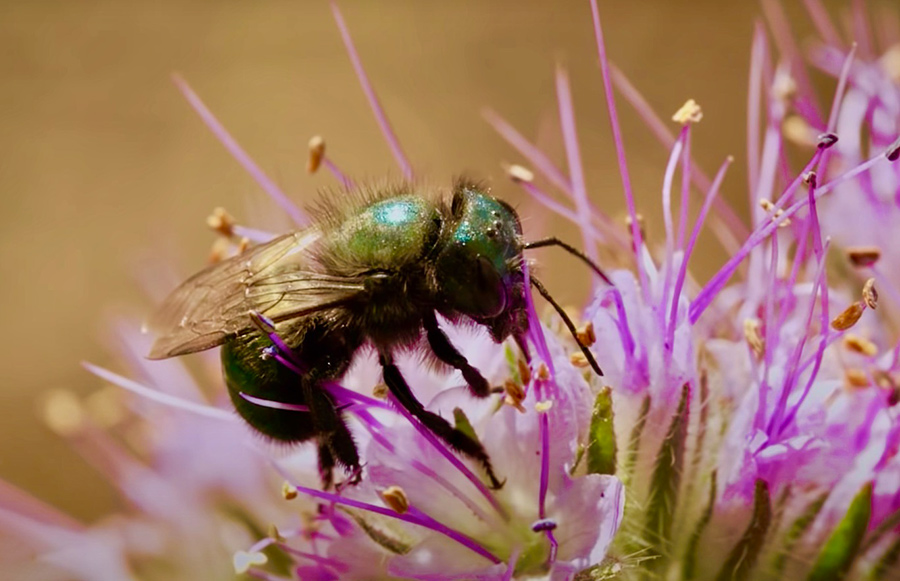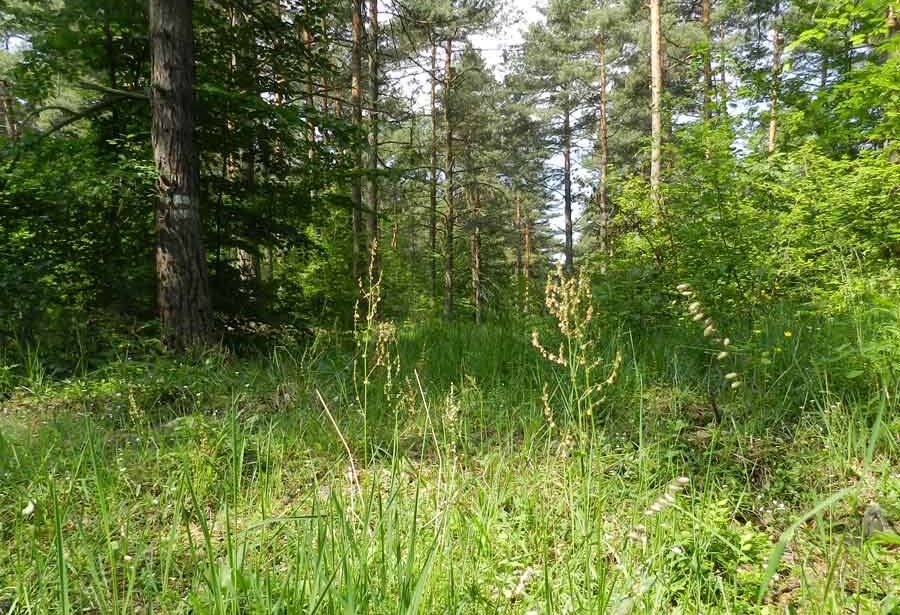Research Outreach – Issue 133: Bee farming, electrical eye activity, and IP disputes
In the last issue of 2022, Research Outreach contains a sparkling array of articles covering the latest studies into topics such as intellectual property, health and gender inequality, and an eye-opening experiment on detecting vision problems in alcoholics.
We feature some fascinating interviews, talking to leaders in their fields about the importance of critical pedagogy and how a programme assessing the effectiveness of global health organisations aims to be, ‘Fixing systems, not people.’ Sustainability and the natural world continues to be an important theme, with fascinating new research showing that bee larvae are not be the vegetarians we originally assumed them to be.
We also look at a new study into phytoremediation – using native vegetation to remediate heavy metal-polluted soils, as well as a review of business–supplier relationships and how different approaches to sustainability can affect them. Finally we examine some of the complex challenges involved in intellectual property law when applied to lightning-speed technological innovation.
Do bees farm microbes? Rethinking what it is to be a bee
Research may provide the answer to why ‘bee-safe’ agrichemicals have been making bee larvae sick, leading to a greater understanding of bees’ diets and how commercial fungicides may be impacting bee populations in a surprising way.

Healthier societies: Professor Kent Buse on tackling health and gender inequality
Research Outreach speaks with Professor Kent Buse about his work to assess gender equality across global health organisations. He also discusses the Global Healthier Societies Program which aims to ‘Fix systems, not people‘ and go beyond only providing basic healthcare.
Electrical eye activity reveals early sight damage in alcohol addicts
A study into a diagnostic tool to allow timely intervention to prevent vision damage in alcoholics, using a more holistic way to assess electric eye activity. The methods used in the research shows significant changes in the retina, and could have great clinical potential.
Phytoremediation: Using native vegetation to stabilise heavy metal contaminants at polluted sites
Research into the mechanics of using native trees and afforestation to mitigate and stabilise metal pollution in soils. Recent research indicates that different species of trees and herbs do not take up and accumulate heavy metals in a uniform way, and so it is important to understand how this can affect plant physiology.

Sustainability asymmetries in buyer–supplier relationships
New research into business–supplier relationships and how differing approaches to sustainability and the Strategic Supply Chain Management can have an impact. As might be expected, the results of the study show that the relationships between members of the supply chain are complex, but asymmetries might not have the negative impacts we might have expected.
The evolution of IP, competition, and healthcare law in line with lightning-speed evolution
Important insight into intellectual property challenges that arise in line with technological innovation. As technological features become integrated in unrelated industries, organisations have to navigate rising costs, lawsuits, and patents to be able to keep up with the competition.
Pushing boundaries: Peter McLaren on the importance of critical pedagogy inside and outside the classroom
Discussing the evolution of critical pedagogy – a social movement and philosophy – and where Peter McLaren thinks it will go in the future.
